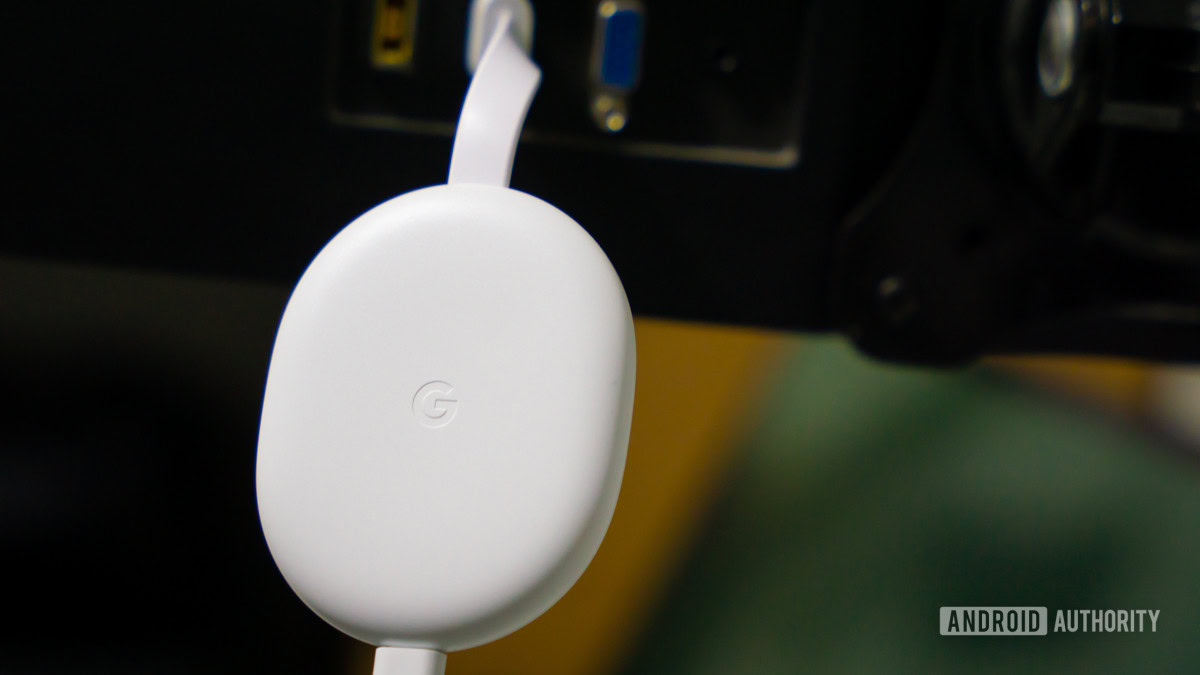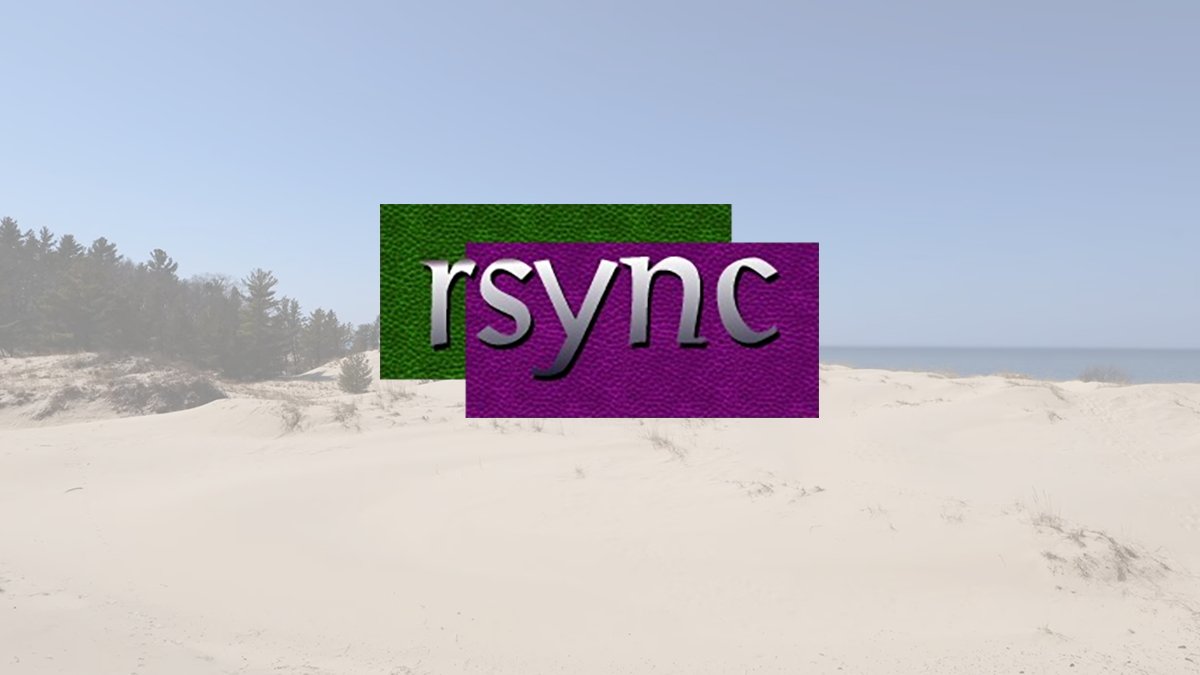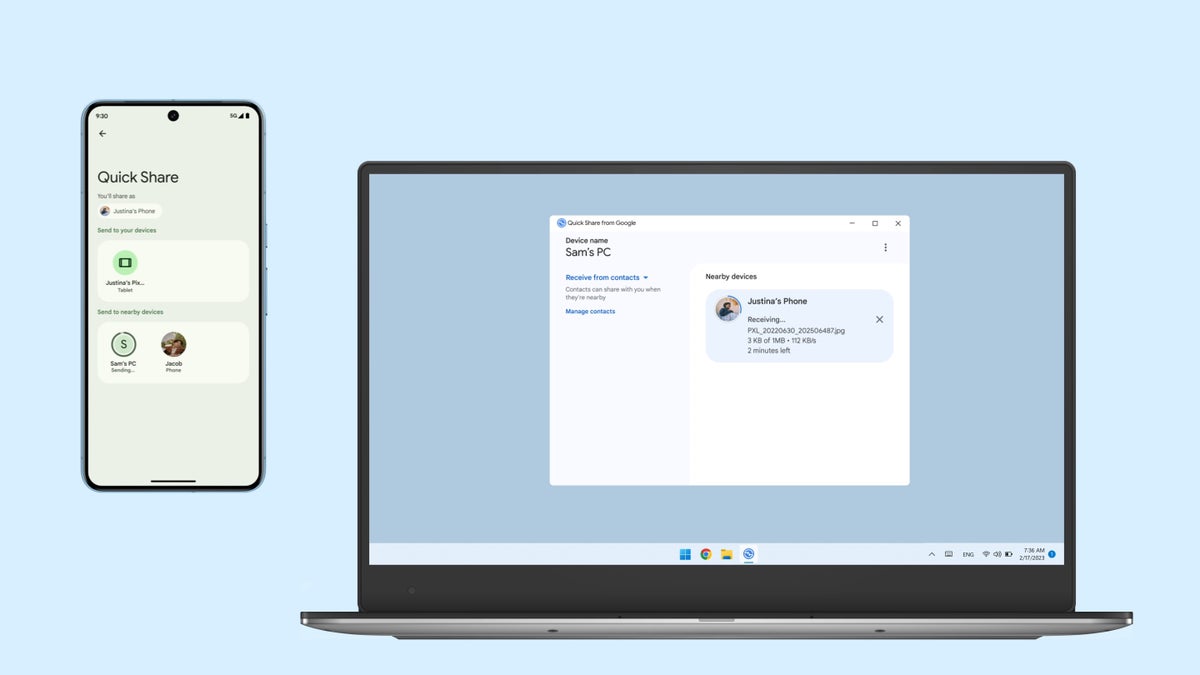Caleb Denison's Departure from Digital Trends Sparks Copyright Controversy

For nearly a decade and a half, Caleb Denison was not just a contributor, but the recognizable faceand voiceof the A/V coverage at Digital Trends. His engaging, straightforward delivery, characterized by a velvety baritone, has been a staple for viewers of the sites popular YouTube channel, which boasts 1.3 million subscribers. If youve watched a TV review there, youve undoubtedly heard his narration, seamlessly complemented by visually stunning B-roll footage featuring the latest OLED televisions, soundbars, and turntables. However, in mid-April, Denison made a significant announcement: he was leaving Digital Trends to own the work I create. Expressing gratitude towards the platform that helped shape his career, he expressed a clear desire to navigate his own creative path.
On April 21, he launched a new venture, CalebRated, a YouTube channel intended as a direct successor to his previous work, focusing on TV and technology reviews. The debut was marked by two videosone spotlighting the best OLED sets of 2025 and another focused on budget streaming gear. In a remarkable display of viewer interest and support, the channel amassed over 32,000 subscribers within just 72 hours of its launch, setting the stage for what many anticipated would be a successful new chapter for Denison.
However, the celebration was short-lived. On April 27, YouTube took down the two videos following a copyright strike initiated by Digital Trends Media Group, which filed DMCA takedown notices on the grounds that it owned the underlying intellectual property of the content. This unexpected move left viewers stunned, who had just begun to rally behind Denison's newfound independence, and raised eyebrows among industry experts, particularly in light of Digital Trends' earlier farewell message wishing him well.
Delving into Digital Trends perspective, an internal source cited by eCoustics revealed the companys claims regarding Denison's departure. They assert that he had signed an Intellectual Property (IP) assignment and non-solicitation agreement before his exit. They also contend that Denison registered the CalebRated channel in February while still employed and may have approached advertisers and filmed content using company equipment prior to his departure. Digital Trends expressed a preference for reaching a settlement rather than engaging in protracted litigation; however, their immediate recourse involved the aggressive DMCA action, effectively putting a halt to Denison's new venture until the dispute is settled.
In response to the allegations from Digital Trends, Denison has vehemently denied the claims, calling them not rooted in fact. He has chosen to maintain a level of discretion regarding the situation, though he remains active in communicating with his audience. A GoFundMe campaign, initiated by Rich Shibley, a former producer at Digital Trends, has begun to raise legal funds to support Denison in this unexpected legal battle. In a community post on his dormant channel, Denison took a moment to thank his supporters and hinted at new ways to get content to you while we sort this out, indicating his commitment to continuing his work.
Understanding the legal framework at play is crucial in this situation. YouTubes DMCA process is well-defined: upon receiving a takedown request, the platform acts swiftly, removing the content immediately. The accused creator has ten business days to file a counter-notice, prompting the claimant to either take the matter to federal court within 14 days or allow the videos to be reinstated. Typically, most disputes reach a resolution before escalating to court due to the mounting legal costs involved. In this case, Digital Trends strongest argument would rely on demonstrating that elements such as scripts, graphics, or even the channel name were conceived or created during Denisons employment. Conversely, Denison's defense could hinge on the assertion that the work was produced after his departure or falls outside any work-for-hire agreements. The claim regarding equipment usage is traditionally weaker, as journalists often take materials with them when they leave positions, though it can still be a point leveraged in negotiations.
The implications of this dispute extend far beyond a single YouTube channel. Talent-driven media brands often find themselves in a precarious balance; while publishers appreciate the authenticity and audience loyalty that a well-known host brings, they face challenges when that talent decides to move on. The outcome of Denisons case could set a significant precedent regarding the extent to which publishers can enforce IP claims over personality-driven content, which is inherently different from scripted shows or productions.
As it stands, the status of CalebRated is that it remains active but devoid of content, holding approximately 32,500 subscribers and featuring a recent community post related to Roku. The legal timeline indicates that Denisons window to file a counter-notice will close early next week, after which Digital Trends will have a two-week period to decide on their next steps.
Both parties have expressed a preference for a settlement, yet neither side has publicly moved towards a compromise. Observers will be closely monitoring for signs of Denison filing a counter-notice, which would indicate his readiness to challenge Digital Trends legallyor at least call their bluff. Alternatively, Denison could consider a rebranding strategy, opting for a new channel name to circumvent Digital Trends trademark claims and enable him to resume content creation. Additionally, he may explore diversifying his platform presence, utilizing Twitch, TikTok, and Instagram Reels, which do not suspend uploads during DMCA disputes, to keep his sponsorship interests alive.
The resolution of this case could have far-reaching effects; regardless of the outcome, it is likely that other media publishers and on-air talent will reference this situation in their contract negotiations and discussions surrounding exits. For viewers eager to receive Denison's insights on tech purchases, the immediate consequence is clear: they will have to exercise patience until the legal complexities are resolved or seek him out as a guest host in other venues. For those engaged in the tech media landscape, Denisons clash with Digital Trends serves as a stern reminder: while talent may be portable, the intellectual property provisions that accompany it are not only critical but also immutable, irrespective of subscriber counts.




























